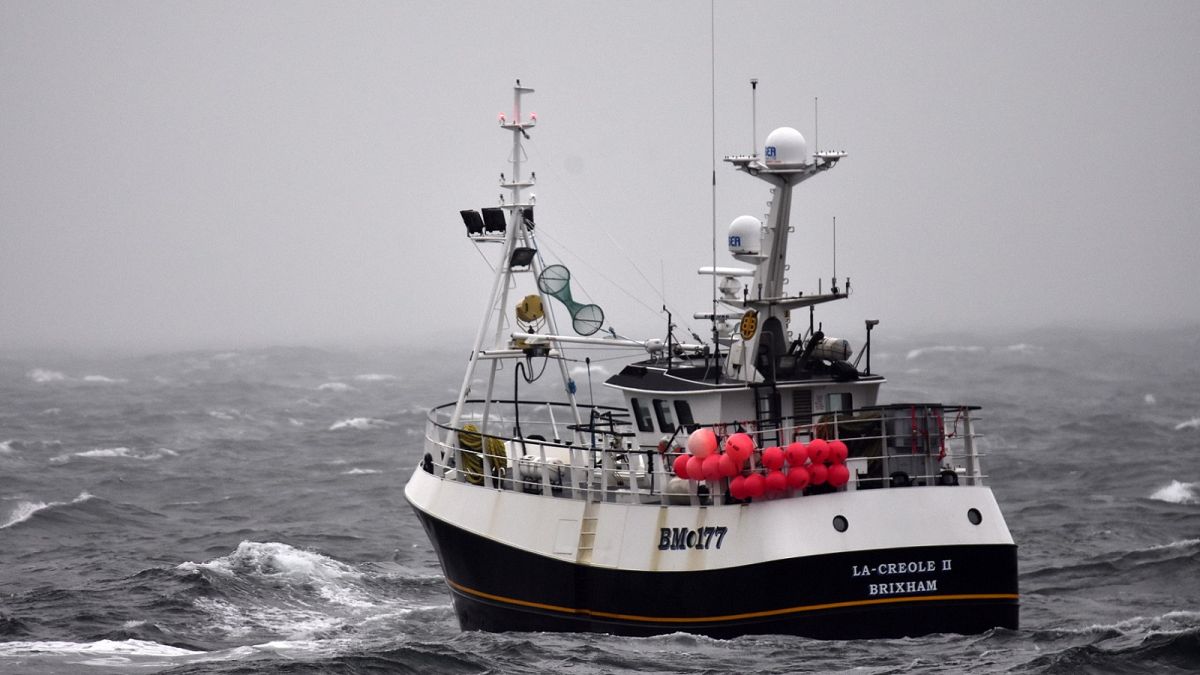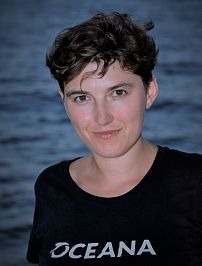Fisheries remain one of the main bones of contention during the EU-UK negotiations, putting the entire post-Brexit compromise at risk. Game theory suggests two styles of negotiation: collaboration or blame-game, but which approach will prevail?
The delayed third round of EU-UK trade negotiations has just started this week, taking place virtually due to the ongoing pandemic. Since March, there has been no tangible progress on crucial issues, fisheries included. The UK insists on a separate free trade agreement, while the EU chief negotiator, Michel Barnier, stressed that the EU would not agree to any economic agreement that does not include balanced, sustainable and long-term fisheries. Only one month remains before a potential high-level decision on the continuation (or not) of the talks in June.
Fisheries, a relatively small sector, is very prominent because it was made totemic by Brexiteers for “taking back control” and defending “British” fish from the nets of EU fishers. However, fish know no borders and their freedom of movement cannot be curtailed. EU and UK fisheries are interdependent; Europeans seek access to British fishing grounds, while British fishers need European markets to export their seafood. Furthermore, UK small-scale fishers want equity at home, a more fair and sustainable national quota allocation (always entirely within the UK´s competence, the EU has no power here), and not the current concentration of fishing rights in the hands of domestic “Codfather” clans.
The clock is ticking. The EU and the UK should reach a deal on fisheries by 1 July if they are to live up to the “best endeavours” they wrote into the Political Declaration in October 2019. Prime minister Boris Johnson also self-imposed a tight timeline and no prolongation of the transition period, gambling with the possibility of a no-deal scenario on 31 December 2020 with its full economic consequences.
The deadlock is most concerning for the fishers on both sides of the Channel, for they will suffer direct consequences of a no-deal, and fish populations are increasingly at risk of an overfishing race to the bottom. Oceana urges both parties to prioritize science-based management, by legally committing to maximum sustainable yield as the limit for exploitation.
The EU and the UK can still turn this particular winter of our discontent into a glorious summer, as Richard III would say. Facing a dramatically short time window and working to the rhythm marked by Coronavirus, the EU and the UK must choose which approach they will take to the negotiation game: cooperation or defection.
Game theory is a fascinating field in mathematics which deals with strategic interactions among individuals, companies or countries, whenever decisions depend on the behaviour of other players. It can be applied to the economics of fisheries, and to policy-making for the shared management of natural resources and conflict resolution, such as catch rights in transboundary settings (e.g. the “mackerel wars” fought between the Faroe Islands, Iceland, Norway and the EU).
The prisoner's dilemma is the best-known game example explaining rational - yet possibly uncooperative and selfish - choices. Let’s conduct a thought experiment where the EU and the UK are the “prisoners,” overfishing is the “crime” and these partners must negotiate with a prosecutor. Each prisoner can either blame the other or tacitly cooperate with the other inmate. There are four possible outcomes:
- If the EU and the UK each blame the other, both lose and there is no deal (lose-lose).
- If the EU blames the UK but the UK cooperates, the EU will get the best deal possible and the UK will lose (win-lose).
- If the EU cooperates but the UK blames the EU, the EU will lose and the UK will get the best deal possible (lose-win).
- If the EU and the UK both cooperate, both will get a deal, although below their initial expectations (win-win).
If we apply this type of game to the EU-UK talks, from the environmental but also the socio-economic point of view, the non-cooperative no-deal scenario is the most destructive one. It inevitably results in uncertainty and competition for shrinking natural resources, leading to deregulation, a return to overfishing and a collapse of fish stocks as a consequence.
Scenarios two and three - although possibly a boost to certain political egos and pandering to a domestic audience and rewarding national pride - still do not provide enough cooperation, balance and decision ownership to manage shared fish populations sustainably and successfully in the long-term. It is obvious that the win-win outcome is optimal and should be the joint goal of the negotiators. Science-guided collaboration can bring order and stability, and gains from cooperation will always outweigh payoffs from rivalry.
Of course, this is an oversimplified model for brevity’s sake. There are two great game-changers disrupting these strategies and they drastically differ in their time horizon. The short to mid-term crisis - which might look more urgent - is the coronavirus pandemic. It dramatically adds the ethical trolley problem to the prisoner´s dilemma, whereby governments must make decisions between their citizens´ lives and the economy.
Meanwhile, the long-term emergency that has not vanished is the combination of climate change and biodiversity loss which can result in the real endgame for humanity. Only through transparent international cooperation with ambitious, sustainable and science-based objectives can fisheries and other transboundary issues be addressed. I sincerely hope that “common sense,” that famous British virtue, will eventually triumph and overcome a zero-sum game.
Agnes Lisik is a Senior Policy Advisor in the European office of Oceana, the largest international advocacy organisation dedicated solely to ocean conservation.
____________
Are you a recognised expert in your field? At Euronews, we believe all views matter. Contact us at view@euronews.com to send pitches or submissions and be part of the conversation.

